Cafeteria Culture is teaching our unique curriculum, YOUTH MEDIA + ARTS for TRASH FREE WATERS, to rising 8th grade filmmakers at MS246 Walt Whitman in East Flatbush, Brooklyn.
We are empowering students with cameras and storytelling skills to think critically about real world environmental problems and to instigate their own Trash Free Waters messaging for their communities and for the entire world! Students are debating, asking questions, and telling their own powerful stories about how street litter becomes toxic marine pollution.
Help us by sharing this video! Use #SaveACritter today, tomorrow and all week long!
Watch the video on Vimeo here.
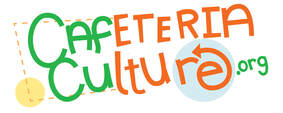
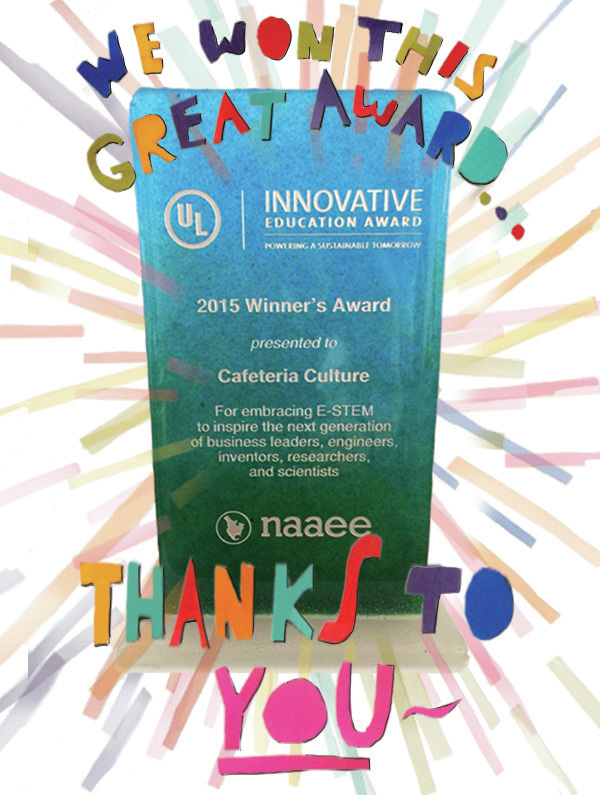
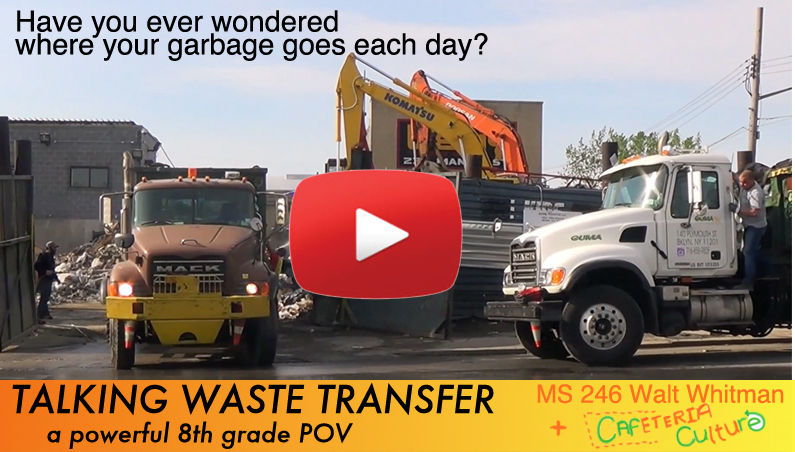
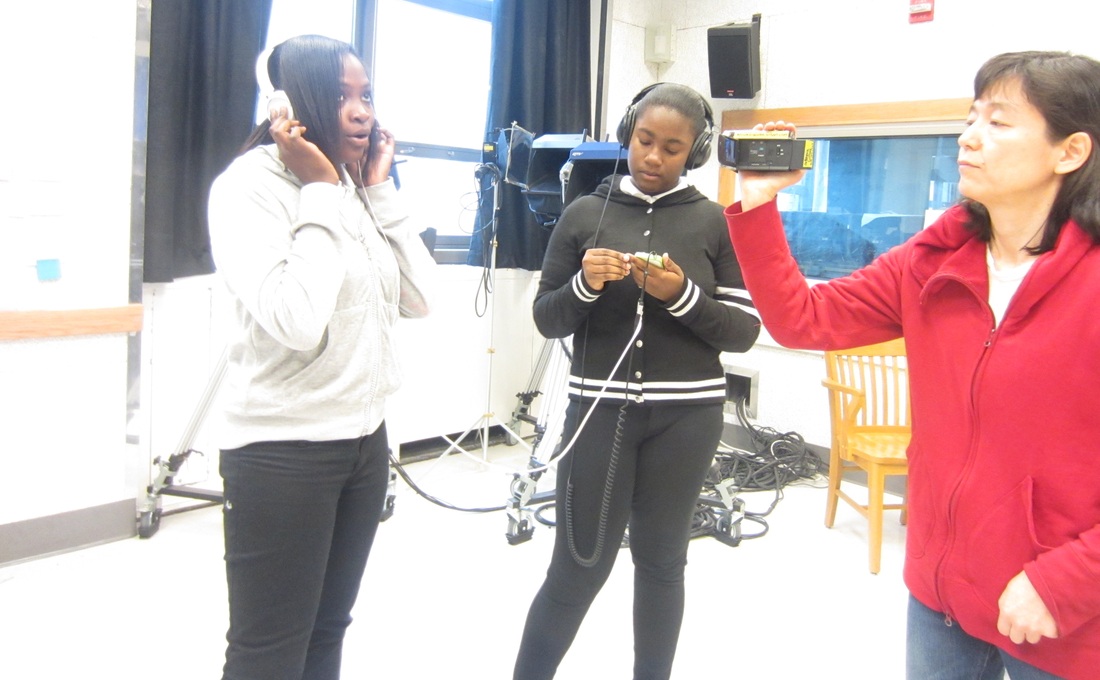
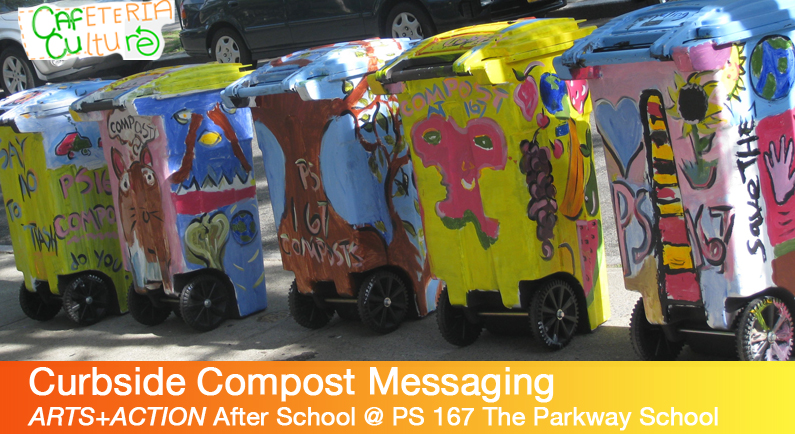
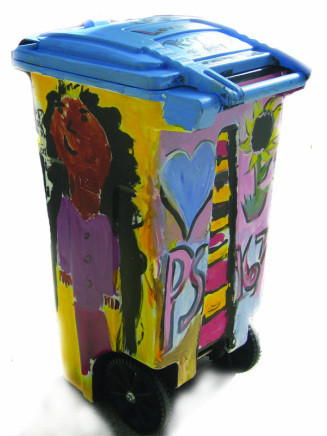
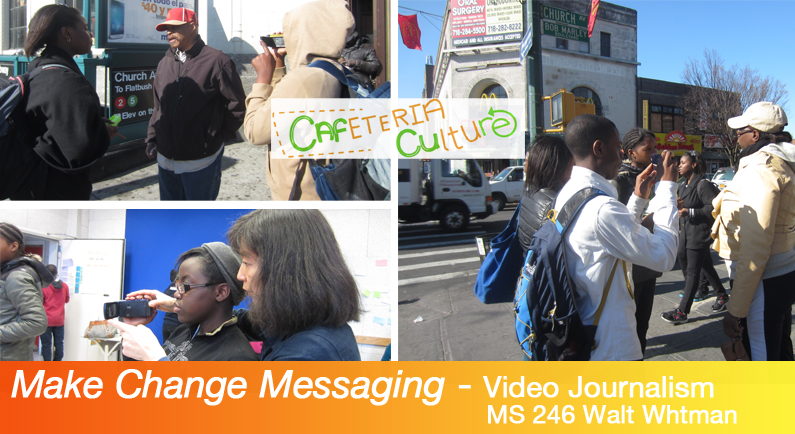
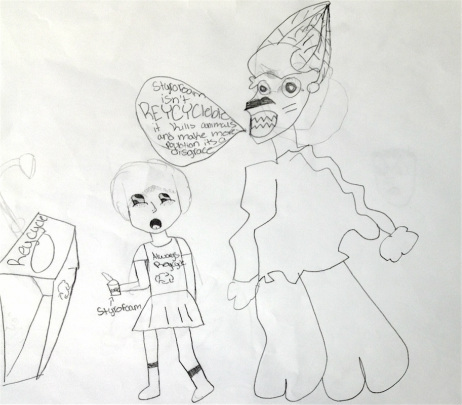
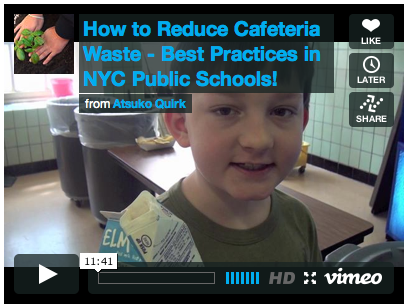
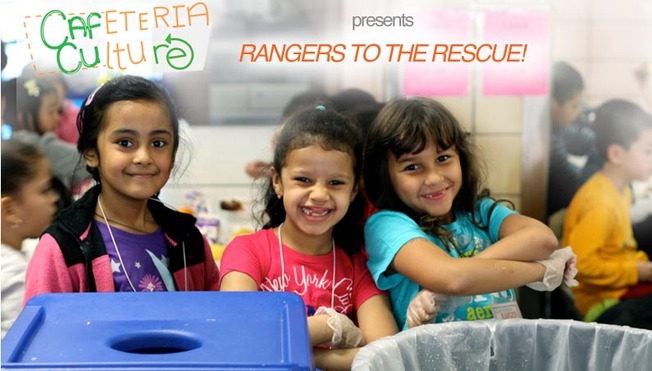
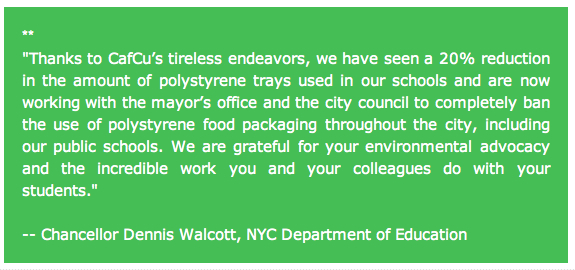
 RSS Feed
RSS Feed